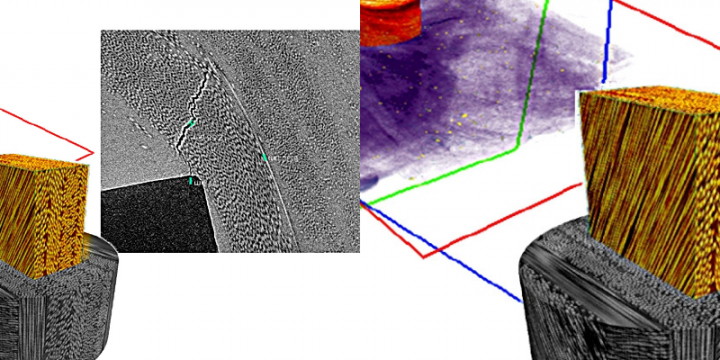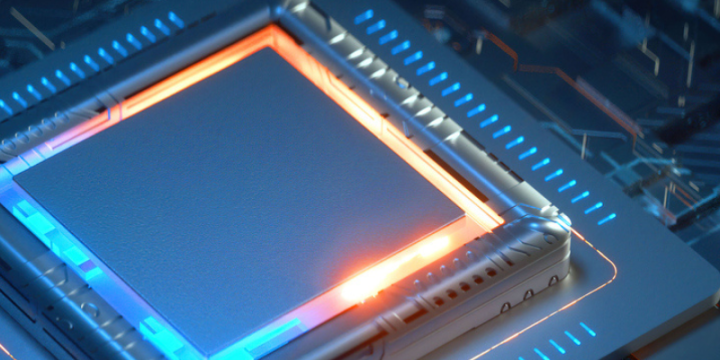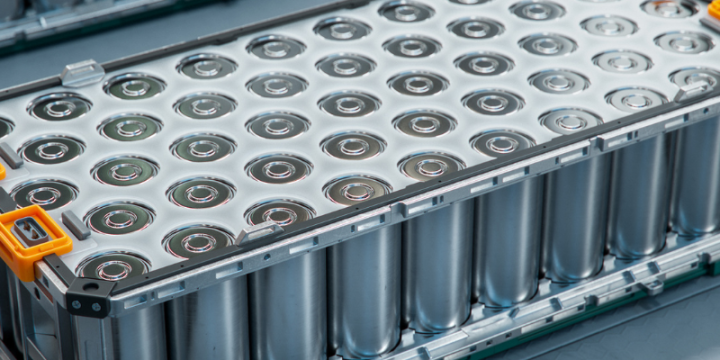The Sustainable Mobility Innovation Domain focuses on developing solutions that minimise the impact of transportation on the climate and the living environment. Dutch knowledge organisations and the business sector hold a leading position in the development of Sustainable Mobility, such as sustainable vehicles, clean energy infrastructure, and smart traffic systems. To build on that position, an integrated approach is needed, supported by collaboration with other sectors, companies, knowledge organisations, and the government.
The Sustainable Mobility innovation domain focuses on developing solutions that minimise the impact of transportation on the climate and the environment. Creating new ideas and business models is crucial, as is developing a concrete, integrated vision for future mobility, logistics, and spatial development. This can prevent the fragmentation of initiatives.
Sustainable mobility is vital for our economy and autonomy. This requires different fuels, drivetrains, and charging infrastructure, not just in the Netherlands but throughout Europe. To achieve this, we face a significant challenge in the years to come. The Dutch aviation, automotive, and maritime sectors, along with the transport and logistics sector, are intensifying their efforts to achieve a transition to sustainable mobility by 2050.
Logically, the Netherlands will play a significant role in the future of mobility and transport in Europe. The Netherlands has a rich history on land, at sea, and in the air, and a robust manufacturing industry to support it. Even now, the mobility sector is a significant industry in the Netherlands and Europe, supported by top-level research organisations. Approximately 30% of trucks exceeding 16 tonnes in Europe are manufactured in the Netherlands, and no planes depart from Schiphol without Dutch technology.
Holland High Tech supports the development of the ecosystem in the Sustainable Mobility innovation domain, driving innovation through strategic programs and public-private partnerships.










